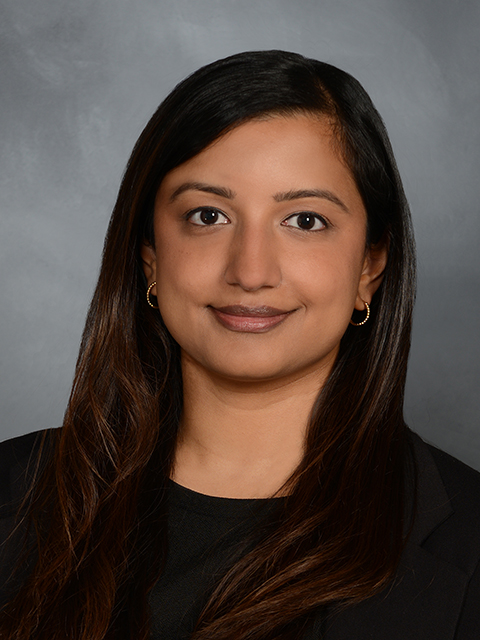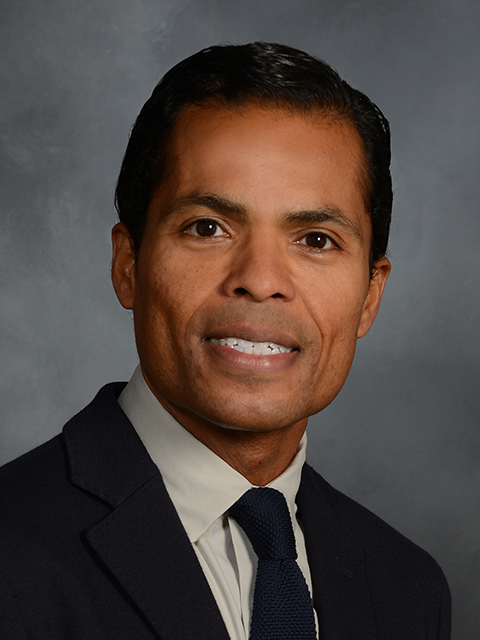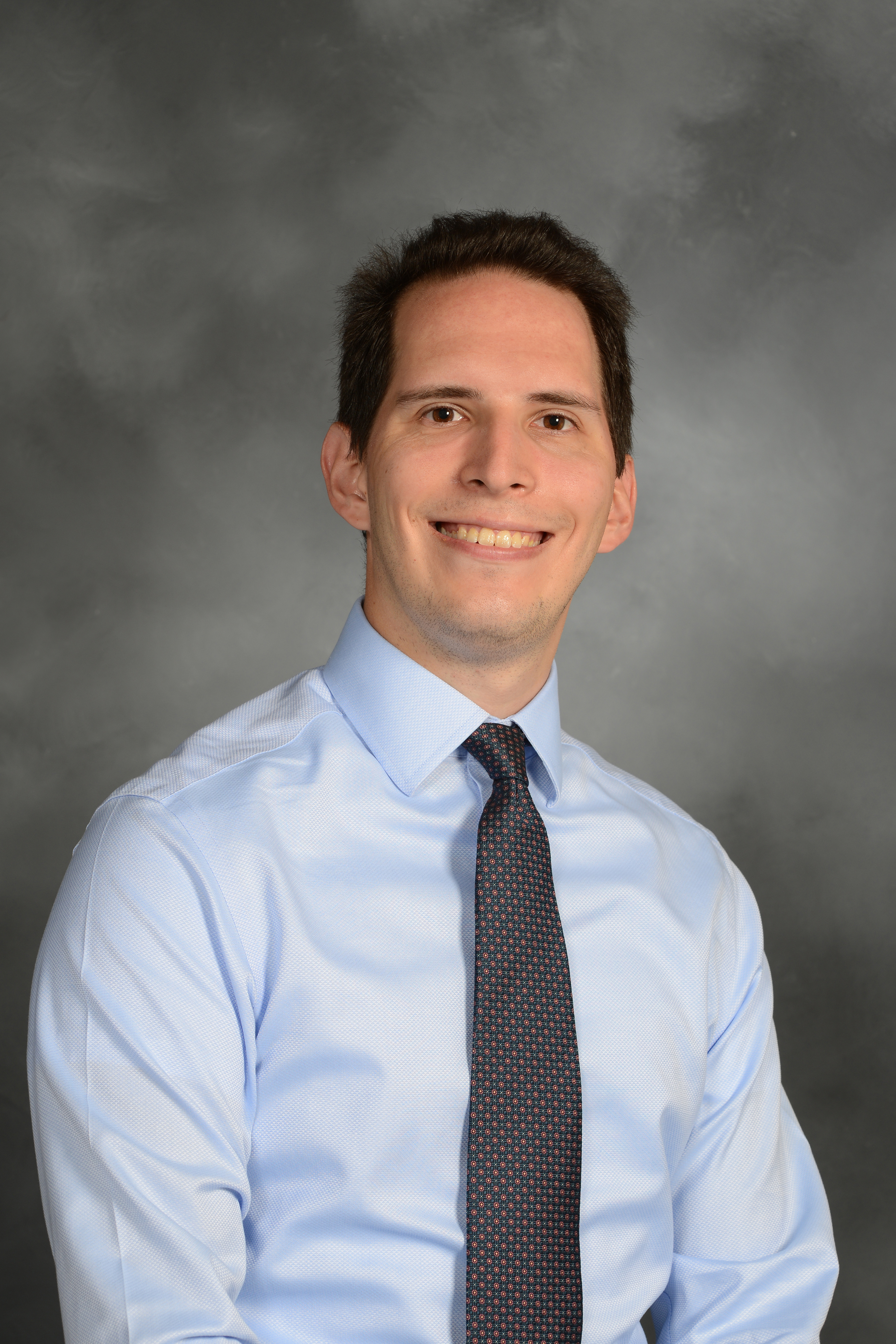
Neuro-ophthalmologists specialize in visual problems related to the nervous system, including loss of sight due to injury to the brain or the optic nerves which transmit visual signals from the eyes to the brain. Such injury may be caused by trauma, inflammation, strokes, tumors, toxicities or infections. Neuro-ophthalmologists also treat patients who have problems controlling eye movement, which may present difficulty with eyesight in certain directions or double vision due to misalignment. This misalignment, known as strabismus, may be treated with prism lenses or in some cases with surgical procedures.
Weill Cornell Medicine neuro-ophthalmologists, with both neurological and ophthalmological fellowship training and expertise, offer comprehensive clinical care using state-of-the-art diagnostic equipment and facilities, as well as communication and counseling for our patients.
Conditions we typically provide treatment for include:
- Optic nerve disease.
- Vision loss.
- Visual field loss due to tumor or stroke.
- Double vision or ocular motility dysfunction in association with diseases of the nervous system.
- Papilledema.
- Intracranial hypertension.
- Nystagmus.
- Disorders of the lids and pupils.
- Blepharospasm or hemifacial spasm (botulinum toxin therapy [Botox] is available for these conditions).
For information regarding any of the conditions above, refer to the American Academy of Ophthalmology Eye Health Library.
Neuro-Ophthalmology Patients
Patients who should be seen by a neuro-ophthalmologist include:
- Patients who have any loss of visual acuity, visual field or color vision due to a problem with the brain or optic nerves.
- Patients who have or are suspected to have high intracranial pressure (pressure in the head), as this increased pressure can cause optic nerve swelling and loss of vision.
- Patients who have problems moving their eyes or double vision due to misalignment - these issues may result from injury to the brain centers, nerves or muscles that control eye movements, or from a nerve transmission problem known as myasthenia gravis.
- Patients with tumors of the pituitary gland or other tumors that compress visual pathways - even when patients are not aware of any visual problems, referral to a neuro-ophthalmologist is particularly important before and after tumor removal operations, to ensure no loss of visual field.
- Patients with unequal pupils - a sudden change in pupil size may reflect a serious underlying condition and should be examined immediately.
- Patients with involuntary shaking of the eyes (nystagmus).
Neuro-Ophthalmology Examination
Neuro-ophthalmology examinations begin with a careful review of patient problems and relevant issues, followed by an evaluation of vision and eye movement, typically including visual acuity, color vision and visual field testing. Eyes are examined under a microscope (slit lamp), with special attention paid to the optic nerve and retina. In most cases, dilating drops are administered to enhance the examination of these important structures. Eye movements are also evaluated, which may include the use of prism lenses and special charts. Additionally, the pressure and size of each eye may be examined. For unequal pupils, drops may be administered to identify the cause of the problem. Visual field testing is conducted using a machine that displays lights in various areas while a patient presses a button to acknowledge each light, assessing possible patterns of visual field loss that may lead to a diagnosis. Finally, neuro-ophthalmologists sit down with their patients to discuss their condition and any treatments or management strategies available.
What to Bring
- Your glasses and a copy of your prescription, if available
- A referral from your referring physician with specific reasoning for your visit
- Any relevant prior medical records, including radiology reports
- Any previous MRI or CT scan reports of your brain or eyes
Related Physicians

- Assistant Attending Pediatrician, Assistant Professor of Pediatrics, Assistant Professor of Neurology, Assistant Professor of Ophthalmology

- Associate Professor, Associate Attending Ophthalmologist, Neuro-Ophthalmology Director

- Assistant Professor, Assistant Attending Ophthalmologist

- Assistant Attending, Assistant Professor of Ophthalmology

